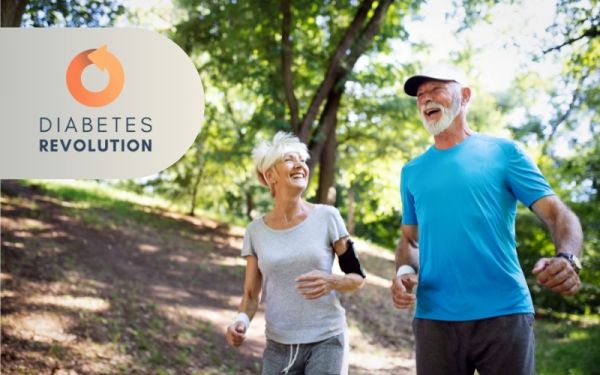
In review: Diabetes Revolution international online summit
Every patient deserves to be offered the opportunity to put their diabetes into remission.
When we started planning this event, we thought we would try and deliver a single stream of about 7½ hours to make it as accessible as possible for practitioners to attend. But as we developed the program, the day lengthened to 10 hours and then a second stream during the afternoon was added, but we still couldn’t begin to do justice to the topic! We ended up with over 12 content hours + 2 hours of bonus presentations packed into a single day.
While the summit understandably focussed on dietary and behavioural approaches, we failed to explore the various fasting options known to assist with weight loss (except for the presentation by Prof Valter Longo and a brief mention of fasting options from Prof Clare Collins). We also completely neglected the complimentary role of physical activity and strength training towards the weight loss that was hailed so many times during the day as the single most important contributor to remission. Similarly, there was no mention of sleep quality and quantity.
As Prof Garry Egger observed,
“It’s true that exercise alone won’t do much for weight loss, but as part of other changes it will. It also increases the ability of muscle to consume energy and therefore sugars, reducing blood sugar. It is also very significant in long-term weight loss maintenance. There was also no discussion about resistance training for T2D despite the evidence for this.”
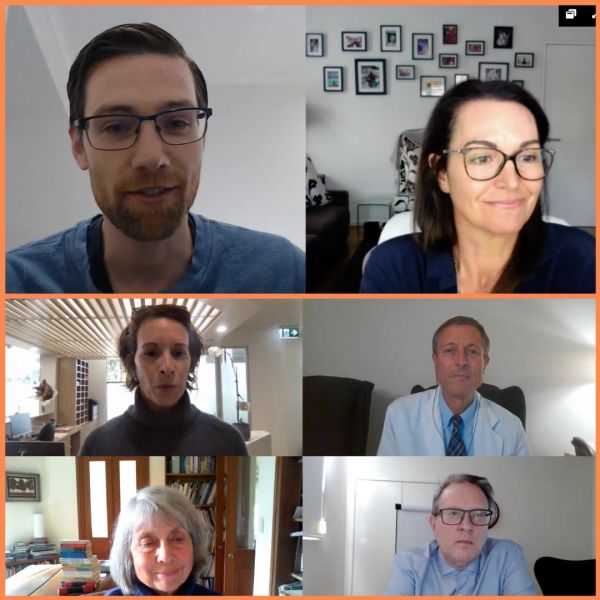
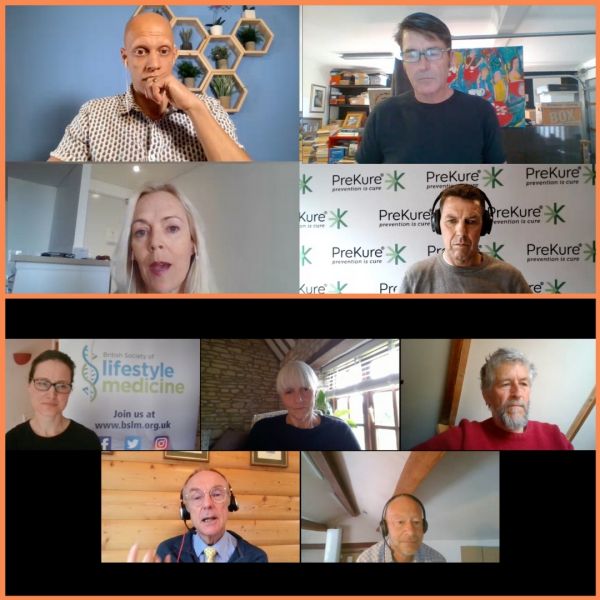
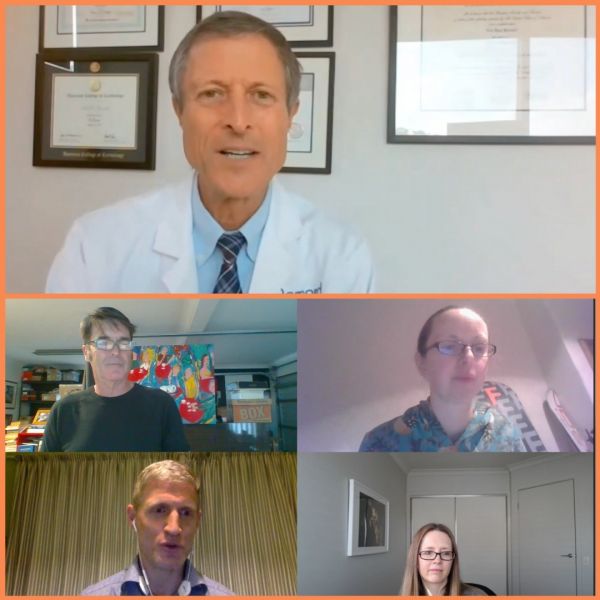
We also came up against the polarisation in nutrition with advocates falling broadly into two camps, one favouring low carb and ketogenic approaches with little restriction on intake of natural sources of saturated fat, and the other favouring fully plant based very low fat approaches, each presenting the science behind their approach as largely unequivocal. In this respect I would have liked to see more in-depth exploration of the proposed metabolic mechanisms and the safety considerations, but that will have to wait for another forum
Once again, Garry Egger commented,
“I think any reasonable analysis would conclude that this is a storm in a teacup. Any reduction in energy volume will work, as long as there is a reduction in weight – as we’ve known for 20 years. Irrespective of low carb/low fat or meal replacement shakes, the only diet that will work long term is the one that works for the individual and can be adhered to for the longest time, therefore dietary approaches may need to vary over time.”
Most importantly, we wanted to focus on the key issue, which is a huge evidence/practice gap. That is the gap between what the guidelines say about ‘lifestyle advice’ being evidence-based first line treatment, and what is happening (or not happening for that matter) in clinical practice, and just as needed in community approaches.
We also wanted to assert that every patient deserves to be offered (and supported in) the opportunity to put their diabetes into remission. Because we know from the science that it is not only possible, but it is practically realistic via multiple approaches. Clinicians who are doing this report that patients are not only very interested, but are active partners in the process, especially when appropriately supported by health coaching, and by one of the most powerful support mechanisms – peer groups of patients themselves.
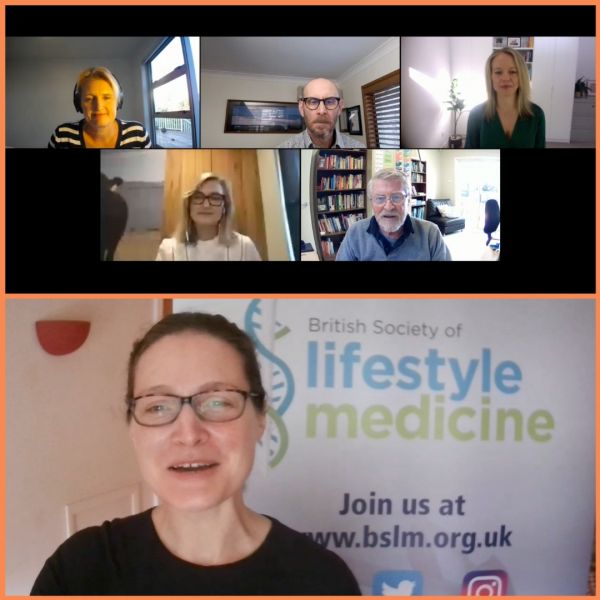
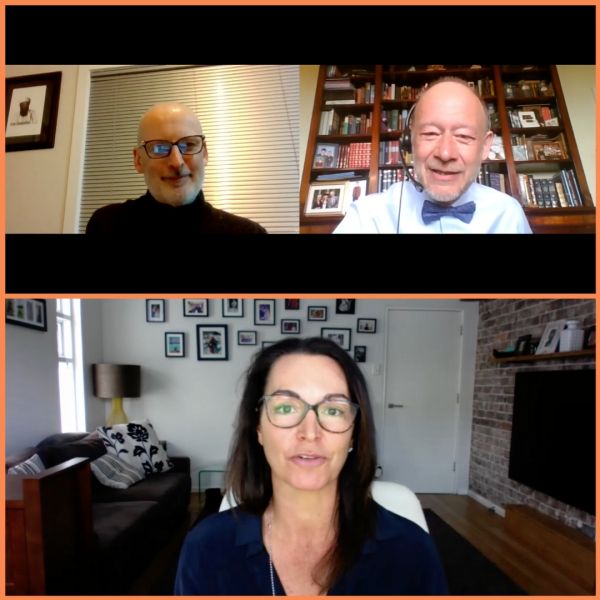
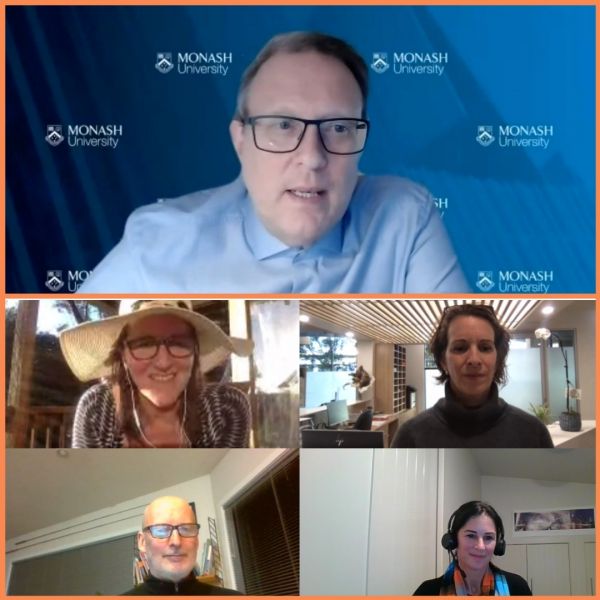
And lastly, we wanted to highlight the common ground in all of these approaches – that is whole and plant based food. And the common enemy – that is highly processed food and industry influence on our health as a society.
Garry Egger concluded,
“Everybody it seems can agree that:
In relation to T2D remission, no one lifestyle/diet/exercise plan works for everyone, but a variety should be tried if one doesn’t work Weight loss, optimally around 10-15%, is the primary reason for T2D remission, irrespective of how it is achieved and results from this are dose-dependent Regardless of dietary approach, a whole food, largely plant-based diet with a reduced volume of energy is best for T2D remission, and for just about anything else Best results are achieved from weight loss as soon as possible after diagnosis, but possibly up to 10 years after (or even more in some cases) There is no safe level of processed meat and ultra (or uber) processed foods, which are the worst foods for T2D remission as well as a risk factor for a myriad of other chronic conditions.
Grateful thanks to the 20+ expert presenters who freely gave their time and energy – and on a Saturday – to furthering the Diabetes Revolution. Not to mention all the exceptional session chairs, and the ASLM team working remotely to bring this event together. And thanks to our attendees – around 350 practitioners and 200 members of the public and others interested in the topic.
If you’re a practitioner and not yet a member of ASLM, please do join us and help drive this movement. With colleges and societies of Lifestyle Medicine now in 30 countries around the world, and with standardised international competencies and Board Certification exam, it really is unprecedented.
The summit recordings are now available and you can still purchase access to the whole event to watch in your own time.



